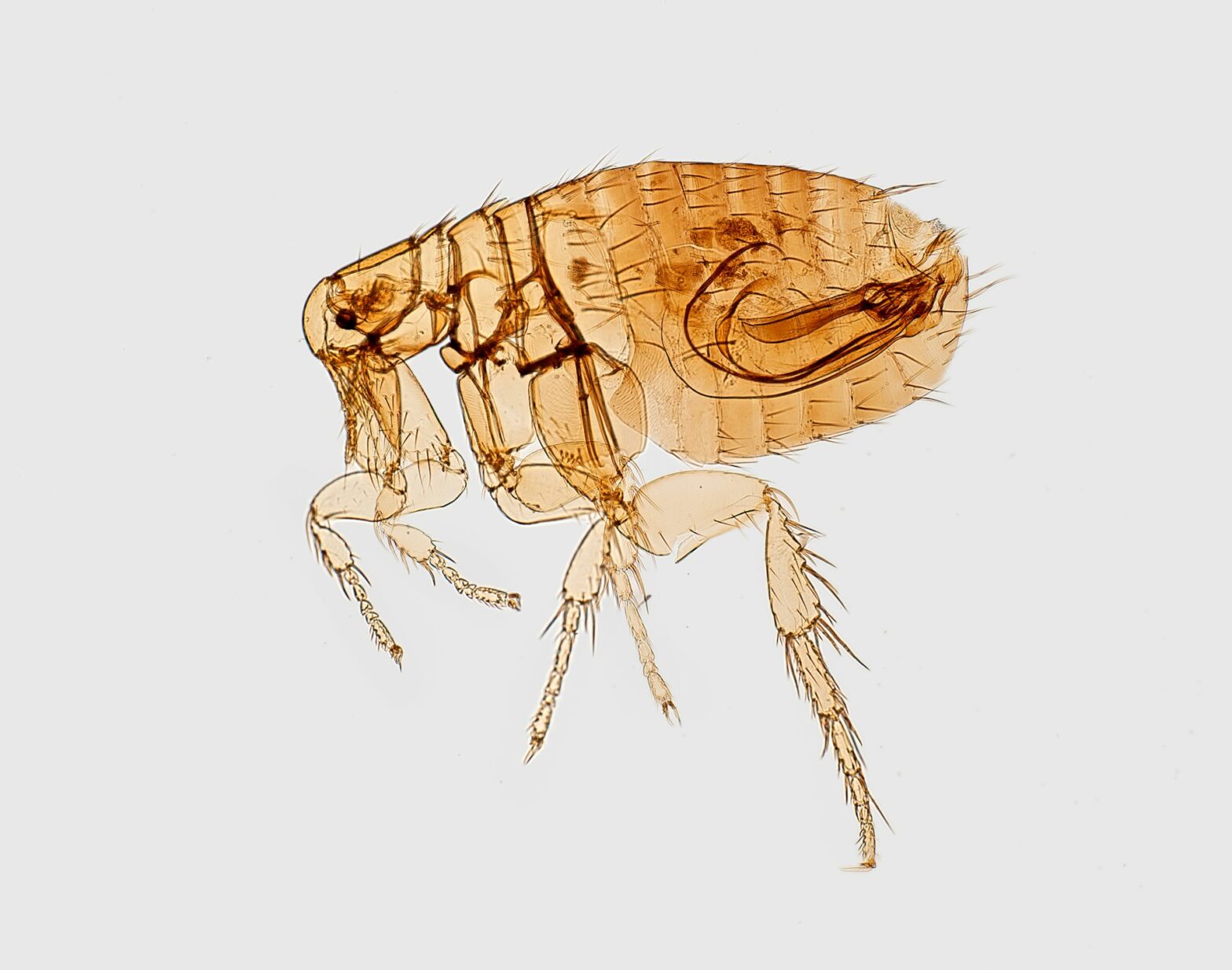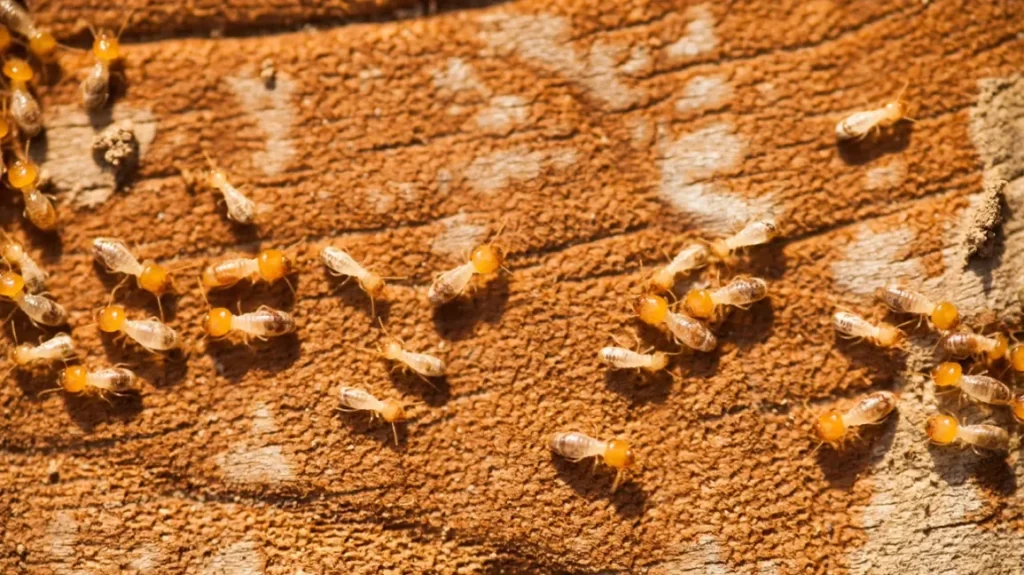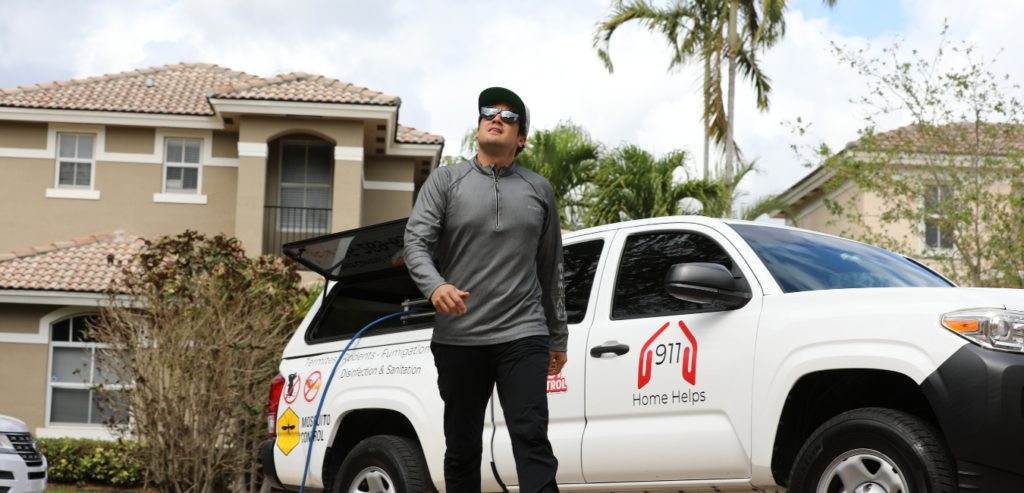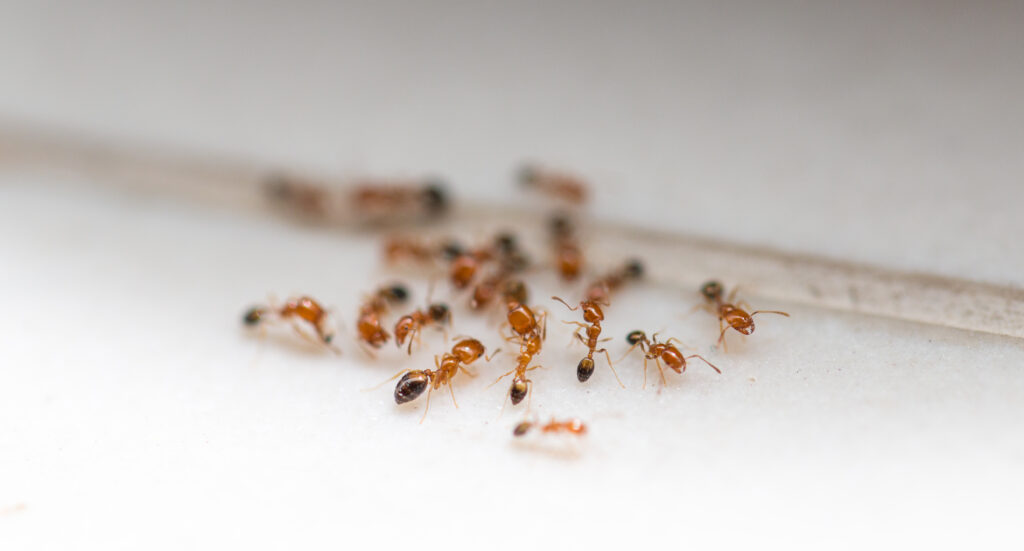Safe pest control proves that pest control companies do not have to be a threat to the lives of your family to help prevent pests from invading your home.
This article will also discuss the reasons why it is crucial to use safe pest control methods so that your children and pets do not get harmed or affected in any way by the chemicals.

Health Implications for Children and Pets
Children and pets are more vulnerable to risks associated with pest control products because of their ground-level contact and contact with the surface on which the products might be applied. Infants, who always have the habit of putting things in their mouths, are especially vulnerable to exposure. Similarly, pets, including those who go outdoors or have access to areas that have been treated with such treatments, eat substances that contain harmful substances or absorb them through their skin.
Respiratory Concerns
The main health risks resulting from traditional pest control treatments are respiratory problems or illnesses. Infants and pets have minute airways, which explains why they are more prone to respiratory complications. Fumes and any particles from the pest control treatments used can trigger children with asthma and pets with existing respiratory problems.
A way around this is to use organic pest control products that contain little of the harmful substances that can affect the quality of the people and pets living inside a home.
Skin and Eye Irritation
Treatments used often as part of traditional pest control methods are likely to cause skin and eye irritation and are quite unpleasant to children and pets. Children may touch the treated surfaces with their hands or transfer droppings with traces of the residue to their skin, while animals may scratch or lick their bodies after coming into contact with the irritants.
Long-Term Health Effects
Children are vulnerable to dangers having fragile physical and immune systems. Long-term exposure can lead to dire consequences. But people aren’t the only ones who can contract dangerous illnesses when exposed to pest control. Animals, for example, are directly affected by frequent exposure to hazardous substances.
Families can reduce their risks of developing health problems due to pest control exposure by adopting pest control practices, which involve working closely with professionals who are friendly to the environment and provide long-term health benefits.
Tips for Implementing Safe Pest Control
Here are some tips that will help you provide effective and safe pest control of your home:
Consult with Professionals
Many people may seek the services of an expert to advise them on the best ways in which they can control pests without necessarily causing harm to their health. You need to hire professionals who understand the best way to handle pests, preferably with experience handling local pest infestations, as they’re more likely to have the right kind of equipment to control them.
Preventive Measures
It is worth mentioning that the primary principle in pest control is prevention. Give attention to doing things that make the home environment unfavorable for these pests. Proper management of water and disposal also play an important role in getting rid of the breeding grounds of the pests in your house.
Regular Inspections
It is very important to always look for some signs that may show there is an infestation of pests in your home. It is easier to solve problems when they are small. Keep a close eye on kitchens, bathrooms, and basements.
Educate Your Family
Educating your family about safe pest control practices lets them play an active role in eliminating pests from your home.
Monitoring and Maintenance
Once pests have been controlled, you should inspect and maintain your environment to avoid the recurrence of pest infestations. It is imperative to continue cleaning the house, checking entry points, and adjusting measures against pests. Staying on top of things guarantees that pests have nowhere to go but outside your home.
Conclusion
Organic pest control is very important for families with children and pets because it protects the health of the most vulnerable members of your family. Techniques that are safe for the environment can prevent possible adverse effects from pest control exposure.
For best results, you need to develop preventive measures by consulting a pest control company and doing frequent checks on your property. By following these practices, you are making your home a comfortable place to live in, reducing stress, and making sure that you and your pets stay safe.
Remember, protecting your home from pets should never come at the expense of the people and family members who live there.





